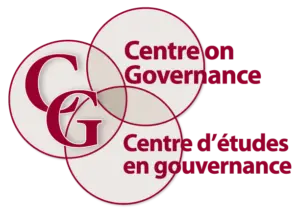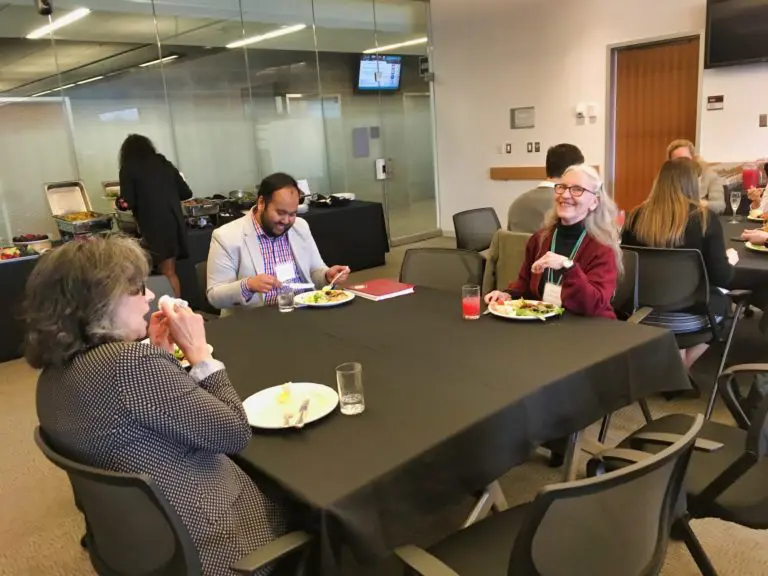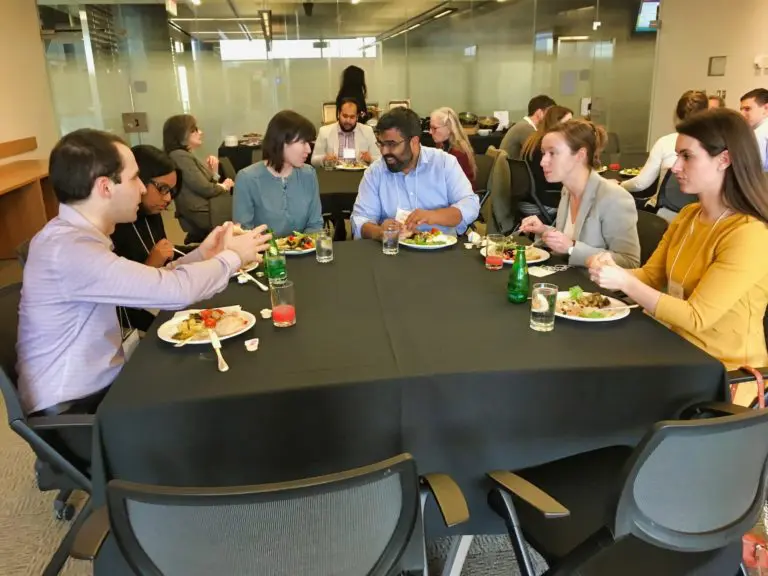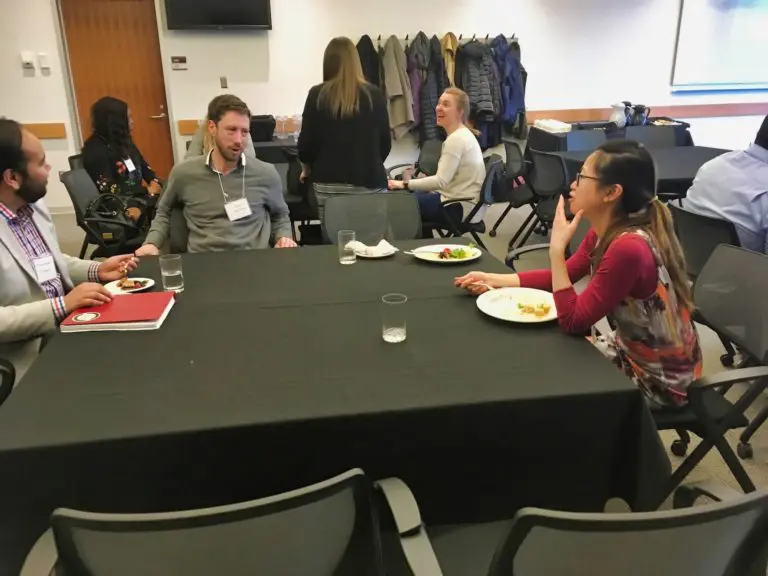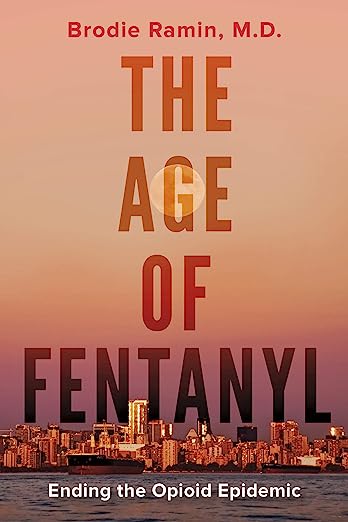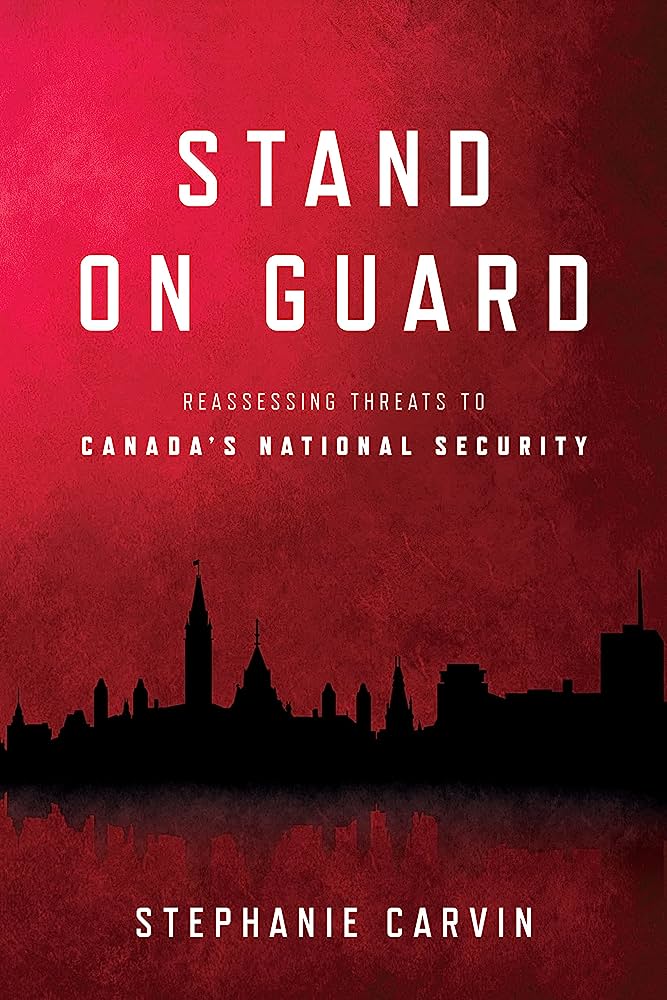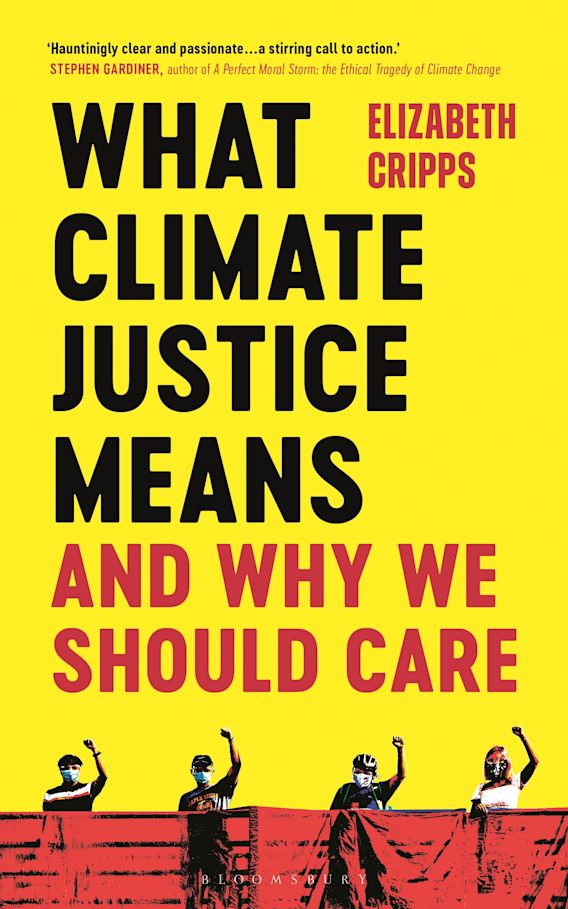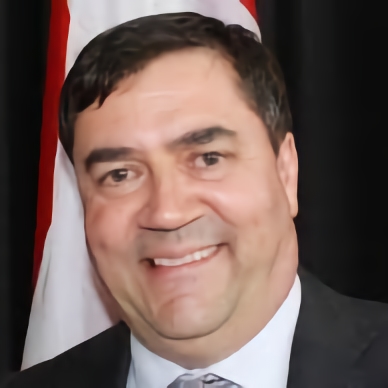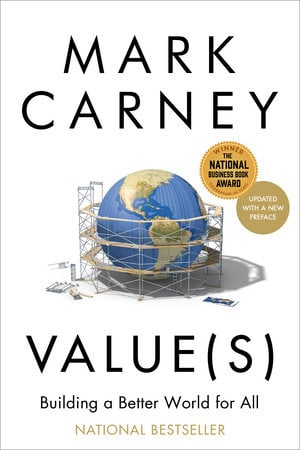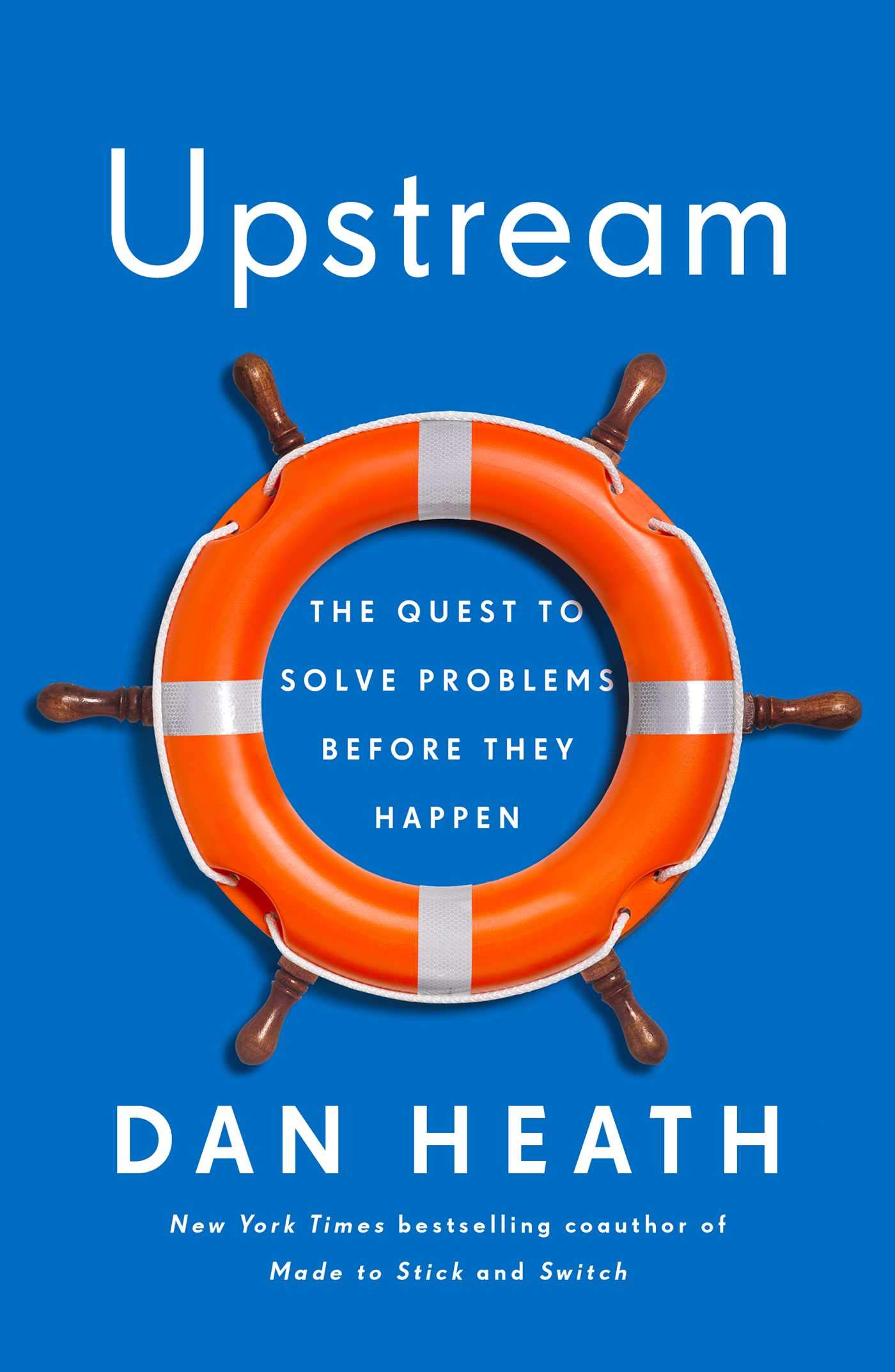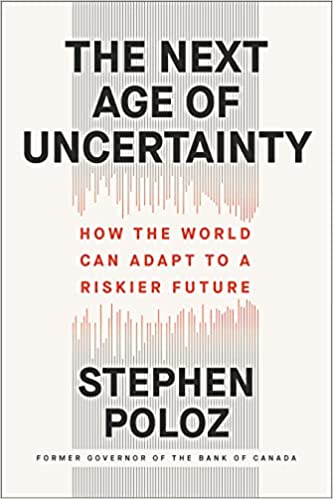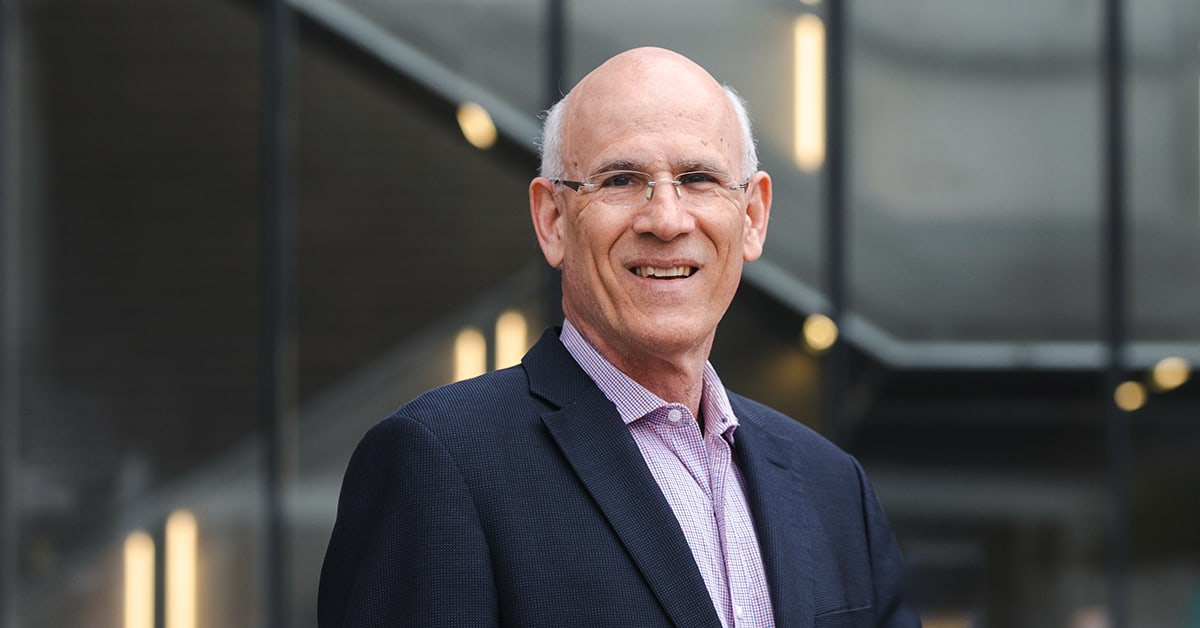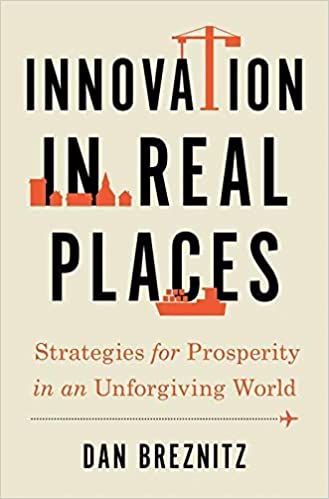Thursday Feb. 1, 12:15 – 1:45 pm, Faculty of Social Sciences (FSS) Room 4006
Presented by the Graduate School of Public and International Affairs and the CN-Paul M. Tellier Chair on Business and Public Policy
Adaptation to climate change presents a particularly thorny challenge for governance. Coordination is required among multiple levels of government, as national policies and funding are required but adaptation actions are inherently local, and communities must be able to exercise leadership. Different orders of government, Indigenous nations and organizations, the private sector and non-governmental organizations all have roles to play. Further, adaptation has to occur across many sectors – water, health, infrastructure, forestry, agriculture, energy to name a few – and actions in one area may affect another. Added to these vertical and horizontal challenges of coordination is the element of uncertainty – what level of global warming are we preparing for and what does that look like at the local level? Canada’s National Adaptation Strategy has sought to provide a framework for adaptation in Canada. What have we learned so far about what works in terms of multilevel governance? What types of policies or regulatory frameworks can help or hinder collaboration? What learnings can inform adaptation in Canada, and potentially elsewhere, from our experience to date?
Panelists
Jeff MacDonald, Director General, Climate Change Adaptation, Environment and Climate Change Canada
Jason Clark, National Director, Climate Change, Insurance Bureau of Canada
Dane de Souza, Policy Advisor, Climate Change & Emergency Management, Metis National Council
Hiran Sandanayake, Manager, Water Resources Planning and Engineering, City of Ottawa
Moderator: Patricia Fuller, Senior Fellow, GSPIA, University of Ottawa
The dialogue will take place largely in English but participants are welcome to pose questions in French.
A light lunch will be offered – please arrive early to serve yourself and take your seat for 12:15.
As space is limited, please confirm your participation with [email protected] cc to Antoine Clement [email protected]

